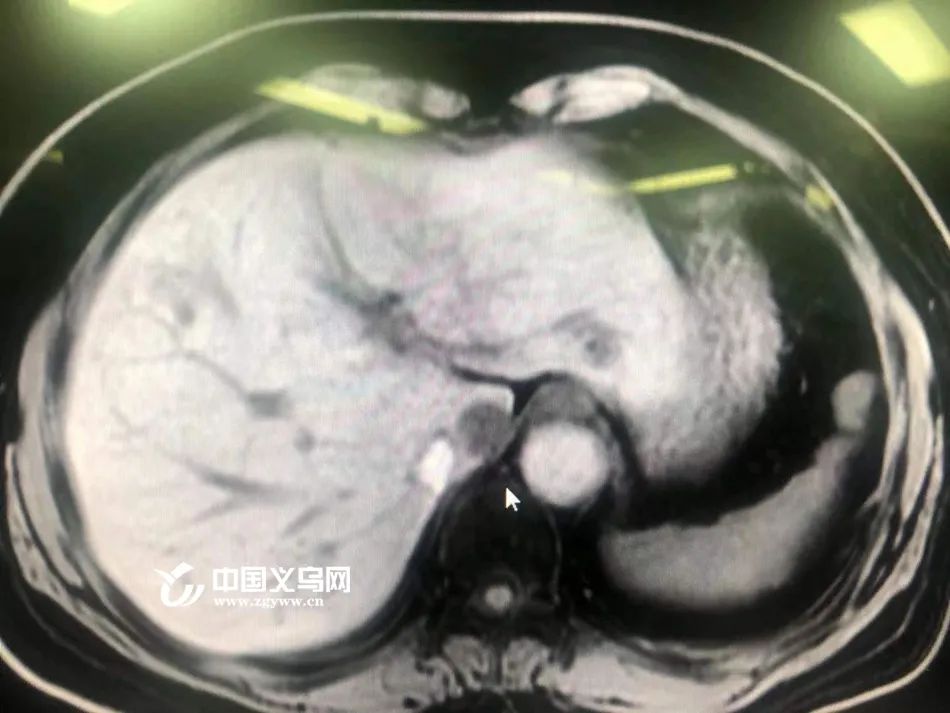

On December 14, 2021, Professor Tang Zhe's team from the Department of General Surgery of the Fourth Hospital of Zhejiang University School of Medicine successfully completed a tumor ablation surgery for a 55-year-old female liver cancer patient through ultrasound-guided puncture using the innovative High Voltage Steep Pulse Minimally Invasive Therapeutic System developed by Shanghai Yuanshan Medical Technology Co.,Ltd (Alpmed)
China Yiwu.com, December 18 (Reporter Gong Shuhong, Editor Tong Huaying)
From December 14 to 17, ZJUH launched a series of live surgical science week activities for the whole country, with the participation of ten key disciplines, attracting more than 120,000 people to watch online in total.

The reporter learned that the most eye-catching technology is the introduction of advanced second-generation tumor ablation technology - "Nano-knife (irreversible electroporation)", which is currently only carried out in first-tier cities. This technology is only carried out in the first-tier cities and tertiary hospitals. During the live broadcast, the hospital completed the first case of "Nano-knife ablation of tumor in high-risk areas of liver" and the first case of "Nano-knife ablation of pancreatic tumor" in Zhejiang Province, and carried out the first case of "Nano-knife ablation of malignant tumor of prostate" in Zhejiang Province. The hospital also carried out the first case of "Prostate malignant tumor nano-knife ablation surgery" in Zhejiang Province.
Patient Ms.Wu, aged 55, from Ningbo, had undergone liver tumor resection surgery and liver tumor ablation surgery. Some time ago, the liver tumor recurred again and was in a very dangerous position, with less than 1 mm distance from two blood vessels and 2 veins less than 2 mm distance above and below the tumor.
"It's basically a tight fit, which amounts to compression. If these two blood vessels rupture during surgery, basically the person will be gone after five minutes." Prof. Tang Che of the Department of General Surgery at ZJU IV Hospital said this situation can be eliminated by Nanoknife technology to destroy the tumor.

According to the introduction, Nanoknife has no damage to blood vessels and nerves, the only difficulty is to place two electrodes in such a dangerous location, which requires quite high skills of the operator. Professor Tang Zhe was familiar with Nanoknife technology when he studied in the UK in 2009, and carried out the first case of Nanoknife liver tumor ablation surgery in Hangzhou in 2015. At present, the Nanoknife equipment is introduced to ZJU IV Hospital, and Tang Zhe will carry out the first case of liver tumor Nanoknife (irreversible electroporation) surgery for Ms.Wu in central Zhejiang.
"How long will it take?"
"Either 10 minutes, or the hemorrhage may take a day to resuscitate."
During the operation, the anesthesiologist and Tang Che had such an exchange, which really made the atmosphere tense for all the netizens watching the live broadcast. Fortunately, the operation went smoothly and there was almost no bleeding.

"NanoKnife, the scientific name of which is irreversible electroporation technology, operates without incisions and leaves only needle-eye size traces. The technique releases a high voltage of 500-3000V by inserting a specially designed electrode to put tumor cells directly through, successfully killing them with no obvious damage to the surrounding functional vascular nerve structures, avoiding damage to the biliary tract, nerves and intestines from the surgery, and achieving minimal postoperative damage." Tang Che said.
It is understood that in 2003, Tang Che, who already had rich experience in radiofrequency ablation of tumors at that time, started the exploration of pancreatic tumor ablation. Through clinical research, it was found that patients with pancreatic tumors had good results after radiofrequency ablation, but the mortality rate was relatively high. The article was published in J surgery oncology, which is the first paper on pancreatic radiofrequency ablation in the world. Later, Tang Che improved pancreatic ablation by various methods and finally reduced the mortality rate, but there were still complications. It was not until 2009, when he learned Nanoknife technology in England, that serious complications were basically eliminated.
"Nanoknife technology fills the gap in this area and is very safe for patients considering benign pancreatic tumors, with a good prognosis of great patient benefit." Tang Che said that nanocutter technology is mainly applicable to solid tumors, such as liver, pancreas, kidney, prostate, etc., which can kill tumors without damaging the tissues next to them. In the future, the technology will be routinely carried out in ZJU IV Hospital, so that patients do not need to travel to the first-tier big cities in China, but can get the same high level of medical technology and services in the provincial hospital at their doorstep.